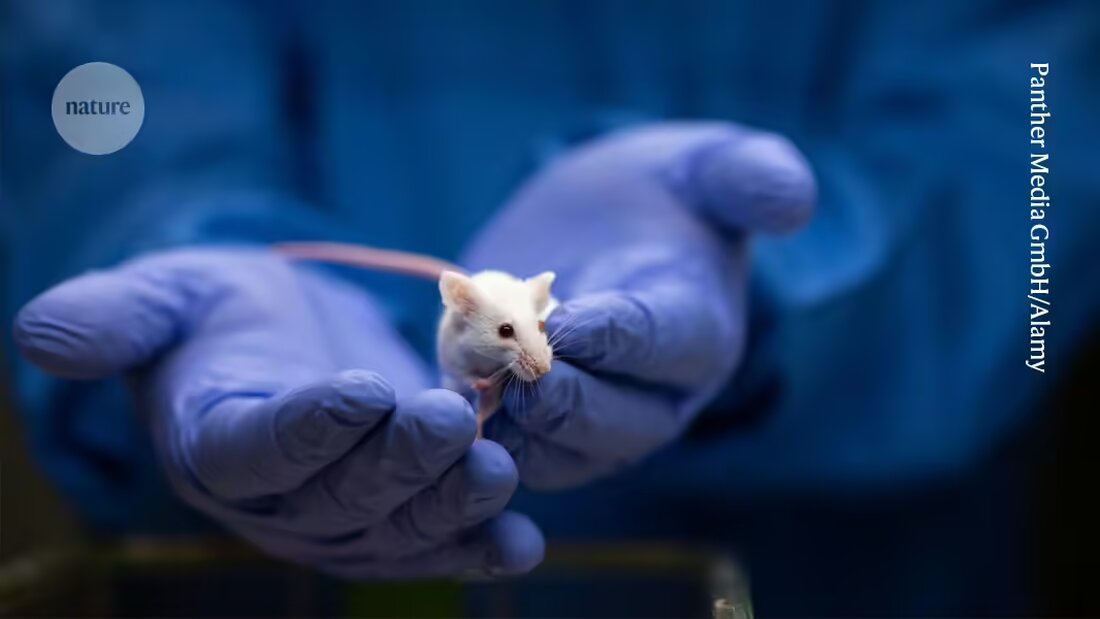A protein that promotes inflammation could be the key to a longer, healthier life. Blocking the protein called IL-11 in middle-aged mice increased metabolism, reduced frailty and extended lifespan by about 25%.
Although a research team has only tested these health effects in mice, IL-11 and its molecular partners—which include immune system chemical messengers called interleukins—also exist in humans. And candidates for drugs that block IL-11 are already in human tests against cancer and fibrosis, a condition associated with aging in which scar tissue replaces healthy tissue.
The new results, released on July 17thNaturehave been reported suggest that these potential treatments could also have effects on lifespan, but separate clinical trials are needed to be sure.
Still, IL-11's clear path to human testing differs from the host of other proteins and rejuvenation interventions, many of which have shown promise in animal models but stalled on the path to clinical trials. “There is a real opportunity here to translate this into clinical therapies,” says Cathy Slack, who studies the biology of aging at the University of Warwick, UK. “And that’s where the field is kind of stuck at the moment.”
A chance find
Researchers have long known that chronic inflammation contributes to diseases associated with aging. As the body ages and accumulates damaged proteins and other molecules, the immune system often views them as signs of possible infection, says Stuart Cook, a medical researcher who studies IL-11 at Duke-National University of Singapore Medical School. This can trigger inflammatory reactions that can cause further damage and contribute to diseases such as cancer and autoimmune diseases.
The role of IL-11 in promoting inflammation has also long been clear. But the link between the protein and aging was discovered by chance when Cook's colleague, molecular biologist Anissa Widjaja, also at Duke-National University of Singapore Medical School, was testing a method to detect IL-11. She randomly included a sample of proteins from an old rat in her assay, and the test showed that IL-11 levels in this sample were much higher than in samples from younger rats.
The result led the team to embark on a new path, despite not having previously focused on longevity. The researchers tested a variety of samples from young and old mice and found that IL-11 was consistently more abundant in older mouse tissue, including skeletal muscle, fat and liver tissue. When they deleted the gene that encodes the IL-11 protein in some mice, the animals had improved healthspans - they were healthy for longer - and lived 25% longer than mice with normal IL-11 levels.
Next Steps
The team achieved similar results when they used an antibody against IL-11 to block the protein for 25 weeks in mice that were 75 weeks old - about the equivalent of 55 years for a human. Similar antibodies are being tested in human studies against cancer and fibrosis.
The magnitude of the response is similar to what is seen in some studies in mice when they are treated with rapamycin, a prominent drug in the anti-aging field that is being tested for its benefits. But rapamycin is associated with unwanted side effects, says Cook, who founded a Singapore-based company called Enleofen that is developing drugs for fibrosis. “Rapamycin is good for lifespan, but not for healthspan,” he says.
The results are impressive and should prompt further study, says Dan Winer, who studies the role of the immune system in aging at the Buck Institute for Research on Aging in Novato, California. An important next step would be to test IL-11 drug candidates in mice with different genetic backgrounds and in multiple laboratories to ensure results are reproducible.
Furthermore, determining the effects of anti-IL-11 drug candidates on lifespan in humans could be challenging. A clinical trial examining the effects on lifespan would be long and expensive, and the results could be difficult to interpret because many confounding factors can influence lifespan.
Instead, Cook says, researchers may want to focus on a specific condition associated with aging, such as loss of muscle mass, that would provide faster results and a more specific outcome.
“Aging is a tough field,” he adds. “But there are many therapeutic approaches and much more biology that needs to be understood.”

 Suche
Suche
 Mein Konto
Mein Konto

